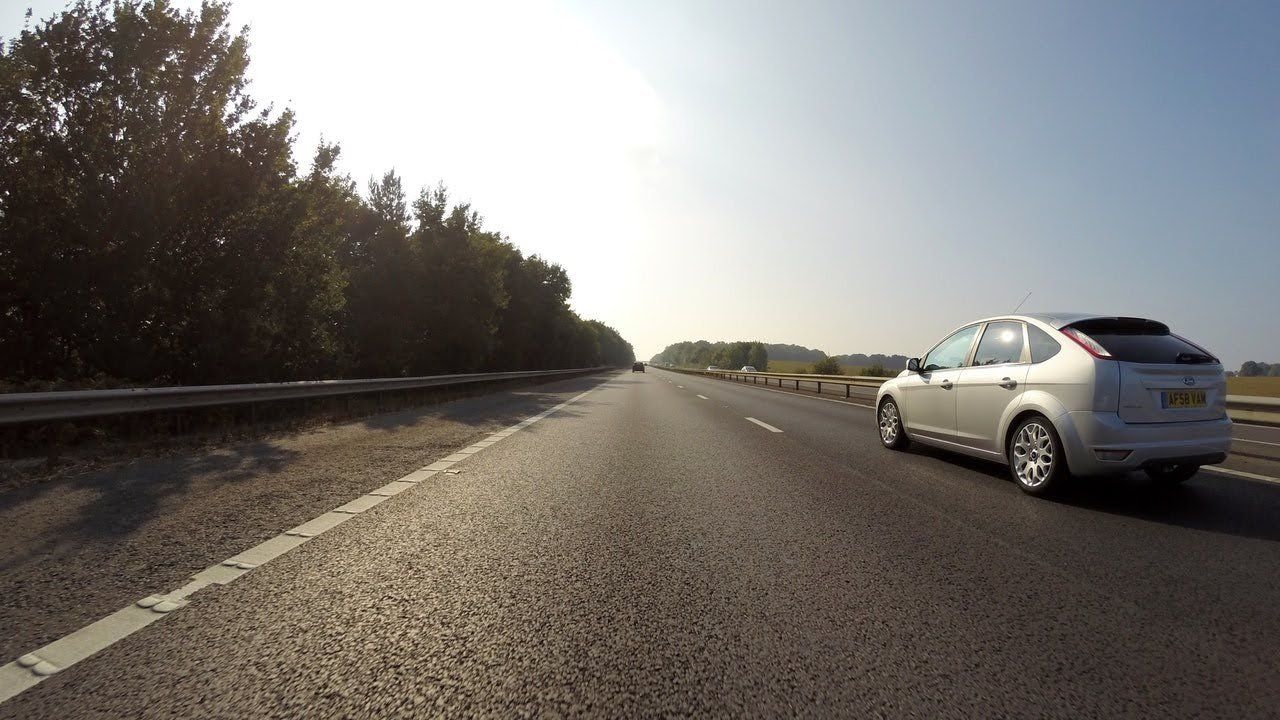An Overview of Failure-to-Yield Auto Accidents

New Jersey law determines when motorists are to yield right of way to other road users. Failure to yield increases the risk of an accident. Below is an overview of failure to yield auto accident claims.
Examples
A failure to yield accident can occur anytime a motorist doesn't give way as required. Below are examples of failure-to-yield accidents under various circumstances.
Intersections
At an intersection, you must give way to the driver on the right if they arrive fast or if you can't determine who arrived first. An accident might occur if car A arrives slightly ahead of car B, and car B doesn't give way.
Merging
Merging with traffic on a highway requires alertness and careful control of the car. The merging driver must yield to cars already on the highway. An accident might occur a merging driver miscalculates the speed or position of an oncoming car and enters the highway prematurely.
Mobility-Assistance Devices
The law recognizes that mobility-assistance devices, such as motorist scooters, are not as maneuverable as cars. Users of such devices also have physical limitations. Thus, motorists must give way to mobility-assistance devices trying to cross the road. An accident might occur if a motorist treats a motorist scooter just like any other car and doesn't yield to them.
Causes
All incidents of failure to yield can cause accidents, so it's disheartening that they still happen. Below are some reasons motorists fail to yield when they should.
Intoxication
Intoxication impairs judgment, vision, and physical reflexes, among other things. An intoxicated motorist might not understand how close they are to another car or how fast an approaching car is moving. The intoxicated motorist might make miscalculations and cause an accident.
Distractions
Driving distractions come in various ways. Eating, talking on the phone, arguing with a passenger, or even deep thinking can all distract you. Consider a motorist talking on the phone while entering a highway from a side road. That motorist might not even be aware of incoming cars, and the lack of awareness can cause an accident.
Ignorance
Some motorists don't know when they are supposed to yield to other road users. For example, New Jersey doesn't have specific laws regarding traffic circles. Thus, a driver might make a mistake, for example, by not observing traffic already in the circle and cause an accident.
Recklessness
Some motorists are naturally reckless and don't really care about other road users' well-being. For example, a reckless driver can enter an intersection at high speed and crash into other road users.
Liability Proof
As with other auto accidents, you must prove your case to win damages after a failure-to-yield crash. Specifically, you must prove that:
- The defendant failed to yield to you
- The failure-to-yield caused the accident
Depending on the crash circumstances, you may need to prove that the defendant violated a specific law. As for the defendant's actions, the following forms of proof may suffice:
- Pictures of the road section where the accident occurred, preferably showing your relative positions
- Video footage of the accident
- Testimonies from eyewitnesses that support your claim
- A police citation against the defendant's actions
An expert witness may help you tie the defendant's failure to yield to the accident. The expert's involvement is especially necessary if the defendant denies their contribution to the accident.
Failure-to-yield accident claims are not always as clear as people think. Complications might arise in cases where a clear violation of the law doesn't exist. In such cases, Borbi, Clancy, & Patrizi, LLC, can help you prove your claim and win the compensation you deserve. Contact us for an evaluation of your case to determine how to proceed.
